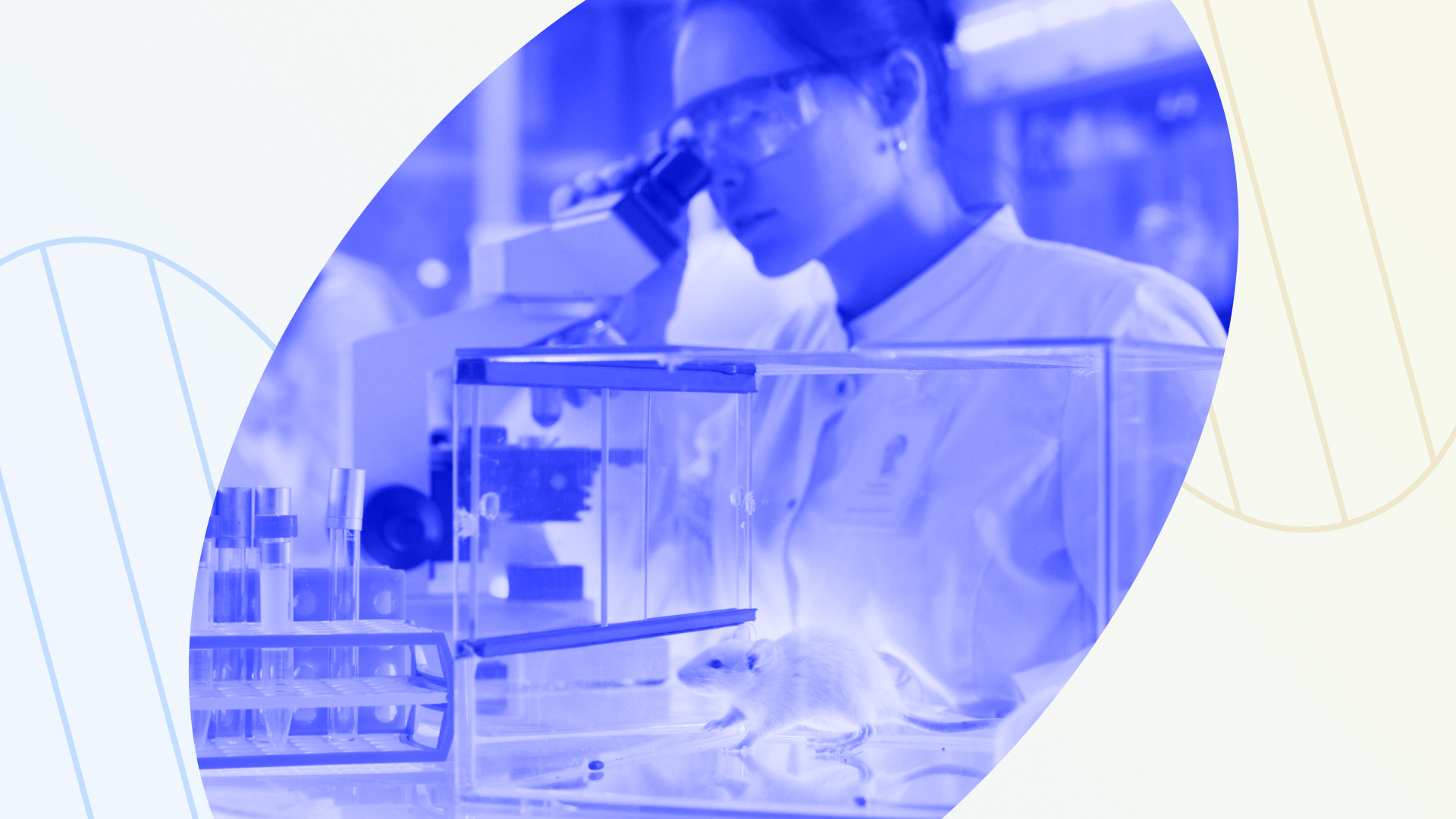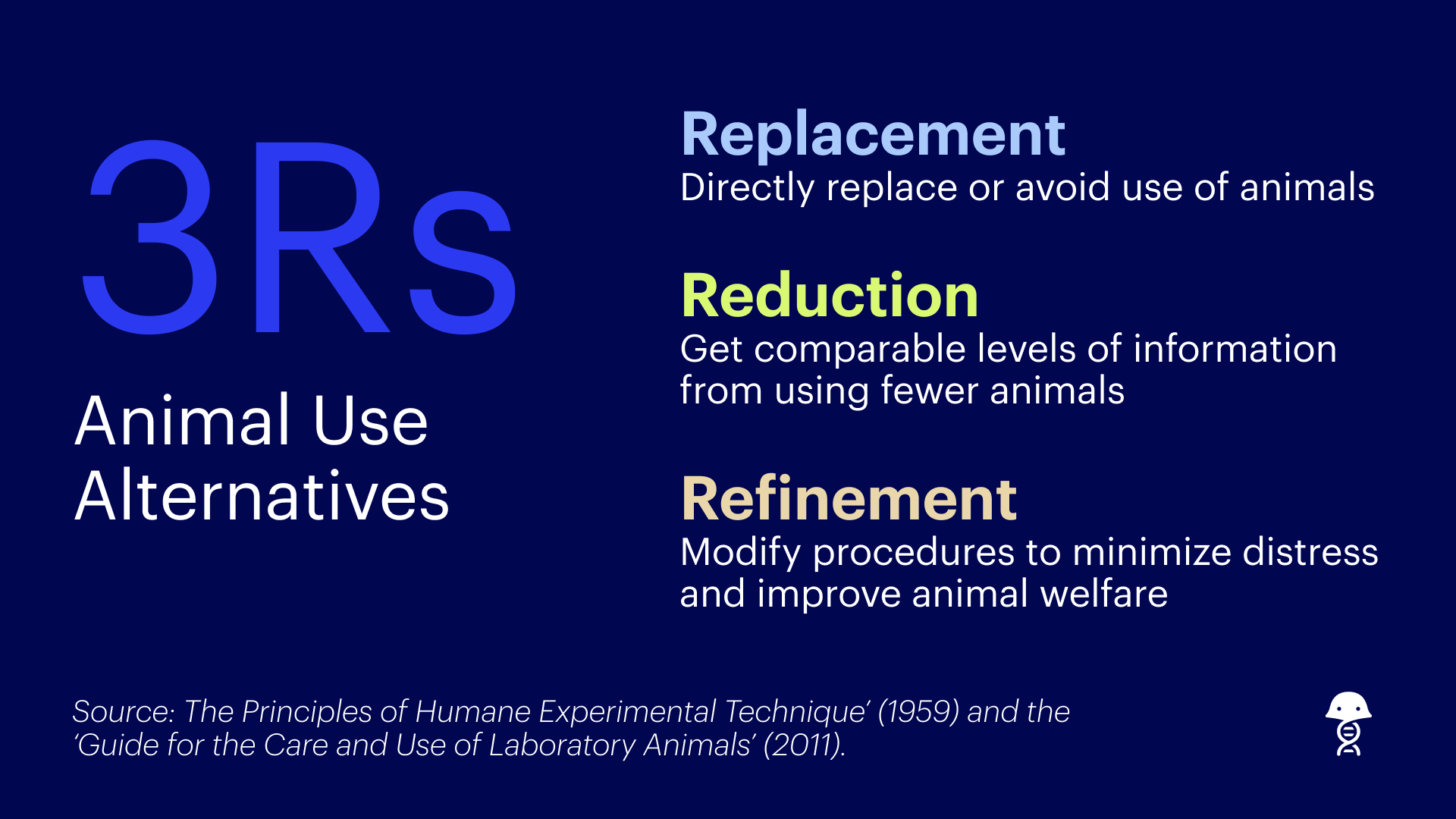The latest in vivo research trends: Must-know takeaways from AALAS 2023

In vivo research practices are changing every day, with digitization allowing the rapid collection of a lot more data and shaping the way we study many different therapeutic areas. According to Benchling’s State of Tech in Biopharma report, 40% of larger organizations manage more than 20 unique scientific software applications, and 85% of respondents expect at least a 2x growth in R&D data within 12 months.
At the American Association of Lab Animal Sciences Congress (AALAS) 2023, I gave a talk on modernizing in vivo study management and connecting in vivo teams to upstream and downstream R&D teams, a major challenge for many in vivo scientists. In sessions and in conversations with industry innovators, there were 3 trends that stood out as high priority for every lab: an eagerness to collaborate with scientific colleagues outside of in vivo, a desire to digitize lab processes, and a need to maintain the best animal welfare practices.
1. Eliminate silos with teams up and downstream
Teams are eager to experiment with the latest technologies in the market and want to adopt tech as quickly as possible to stay ahead of the ever-changing innovation curve. One area that was highlighted many times during the meeting, was how to use technology to prevent in vivo researchers from becoming siloed from the upstream and downstream teams with whom they collaborate on a daily basis.
Specifically, technology needs to connect scientists to prevent task duplication and data silos. If teams can’t directly share data and get a holistic view of tasks across teams, they put a lot at risk: wasting time on duplicate work or using incorrect or outdated data. This can lead to study repeats and an inability to gain any insight when comparing experiments.
Benchling In Vivo is built to fuel better collaboration for scientists across the R&D lifecycle, allowing them to do more science and less admin and repeated tasks.
2. Digitize lab processes, or fall behind
Many scientists and technicians at AALAS showed us how they’re digitizing lab processes to overcome data repeatability issues and speed up manual processes. This requires using digital tools that can connect parts of the vivarium while maintaining the highest levels of 3Rs compliance (Replacing, Reducing and Refining animals in scientific discovery).

Capturing, organizing, and analyzing study data is a challenge for many scientists. It’s also hard to capture data in a structured and objective way — especially when there are multiple scientists collaborating on a data set. Labs are looking to remove manual data entry, which leads to human errors and adds unnecessary steps into a process where time is critical.
Benchling In Vivo includes task and calendar functionality and enhanced device connectivity, which allows for automated data capture and reduced human error and lab time.
3. Build the highest level of animal welfare practices into lab workflows
Many scientists expressed that lab technology’s lack of interoperability is a challenge. There are tools and softwares for animal breeding and reporting, animal identification, data capture, in-life measurement, sample handling, and more.
While each one aims to individually improve the speed, consistency, and accuracy of the scientific process, it’s only truly efficient when those tools integrate seamlessly together. In fact, having too many disconnected tools can slow your team down even more, impacting animal welfare. Unifying tech used in the vivarium makes it possible to uphold the highest levels of 3Rs compliance.
Benchling is building integrations with partner organizations for activities like colony management to support regulatory reporting, animal identification to improve tracking during studies, and analytics packages to gain insights of trends between studies. All of these help to improve staff morale, while maintaining best practices for humane animal management.
Powering in vivo innovation
From harmonizing data, to improving collaboration and strengthening digital foundations, all while maintaining the highest standards of animal welfare, the AALAS community has again proved its dedication to innovate. Benchling is committed to the same goals, and we are looking forward to continuing the conversation with all the connections we made in the coming months. Bring on AALAS 2024 in Nashville!
Learn more about Benchling In Vivo.
Powering breakthroughs for over 1,300 biotechnology companies, from startups to Fortune 500s
